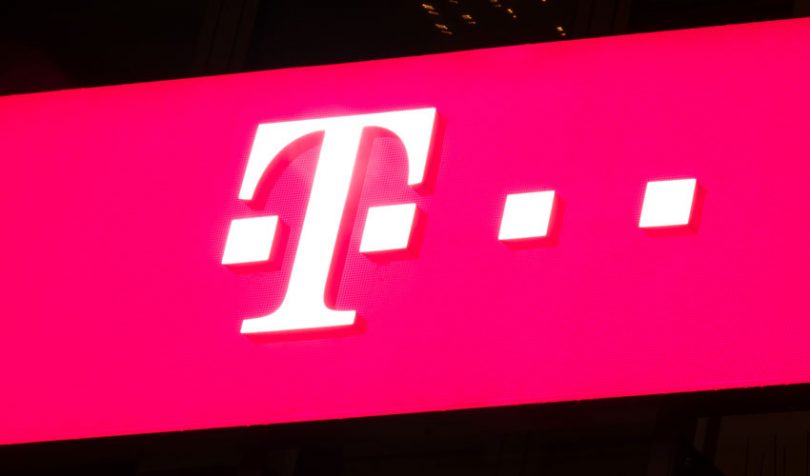Earlier this week, T-Systems MMS, a Deutsche Telekom subsidiary, announced it would run an execution node for the Flow blockchain. Games company Dapper Labs, known for CryptoKitties and NBA Top Shot, developed the Flow blockchain.
At the time of the last cryptocurrency boom in 2017, CryptoKitties was so popular it caused scaling issues on Ethereum that resulted in higher transaction costs for all. There are currently similar issues with Ethereum transaction costs, although some dApps are using ‘layer 2’ scaling to reduce the impact.
In part due to the CryptoKitties experience, Dapper Labs concluded it needed to create another blockchain protocol that isn’t just scalable but also removes the technical complexities for mainstream users. Given that Dapper Labs has partnerships with Dr Seuss Enterprises, the NBA, UFC, and Ubisoft and Warner Music, simplicity is a core requirement. It also includes not forcing users to invest in volatile cryptocurrencies, and as a result, Flow integrated the USDC stablecoin.
To date, Dapper Labs has raised $51 million in funding.
T-System’s role
Last year we interviewed the T-Systems team. They explained how the hosting of nodes and providing staking services for Proof of Stake (PoS) public blockchains is a modern extension of traditional telecoms infrastructure services. Polkadot was the first public blockchain where it got its feet wet beyond developing blockchain solutions.
“True digital ownership, direct fanbase engagement and rich ecosystem composability, which the Flow blockchain brings to the table, not only allows for the creation of new business models but represents a fundamental shift in existing ones,” said Dr. Andreas Dittrich, Head of Blockchain Solutions Center of T-Systems MMS. “Through our partnership with Flow we are expanding our portfolio of blockchain infrastructure and staking services. We are excited about the NFT space and will be working to support the vision of public blockchains as the basis for the open world and its numerous use-cases on Flow.”
T-Systems says it “positions itself as a disruptor in sectors still widely untouched by blockchain.”
Validation Capital acted as strategic advisor to the deal. The company provides both investment capital and node infrastructure for proof-of-stake and other next-generation blockchains.
Getting technical
With early blockchains, there often were only one or two types of nodes. Some may be validating nodes, and others not. Modern public blockchains, such as Ethereum 2.0, have multiple types of nodes. For greater scalability, they often use sharding, which are like mini blockchains.
Flow has chosen a different route because it believes the need for smart contracts to interoperate across separate shards adds unnecessary complexity. Hence the Flow team believes scaling in this way makes it hard for application developers. Complexity is also the enemy of security.
Instead, Flow has one chain but breaks up the validation of transactions into pieces. It describes it as separating consensus and compute. Flow has four types of nodes. The main computation runs on the Execution nodes, the type that T-Systems is hosting.
A major criticism of public blockchains is the delay before reaching transaction finality. On Ethereum, it typically takes around six minutes before a user can be reasonably certain their transaction won’t be reversed. PoS blockchains generally are much faster. Flow says standalone transactions will be almost immediate with more complex transactions with dependencies on other transactions taking around ten seconds.
Staking went live on Flow last week.






